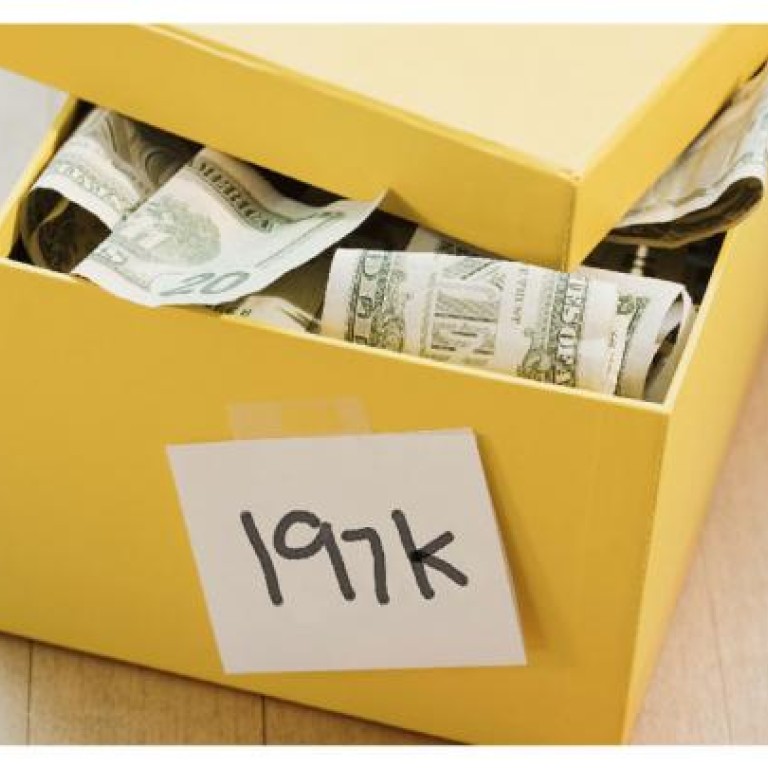
The Week Explained: The cost of happiness
How much money do you need to make you happy? It's a reasonable question that is damned hard to answer yet the people at Skandia International have conducted one of those surveys that purports to provide a response.
There is always a problem with asking questions like: are you happy or would you like more money or, as the condom company Durex does, how often do you have sexual intercourse. Respondents are tempted into mendacity, furnishing responses they believe will show themselves in a better light.
For what it's worth this is what Skandia's found: 80 per cent of respondents affirmed that a certain income level could bring them happiness. A majority, 53 per cent, said they would be happy with an annual income of between HK$200,000 and HK$800,000, whereas 22 per cent said they needed "at least" HK$800,000 and 21 per cent thought they needed an income in excess of HK$2 million.
Skandia then calculated a crude average of these requirements and came out with a figure of US$197,000 for Hong Kong respondents, which compares with a global average of US$161,800, placing Hongkongers in third place in a global table that is headed by Dubai then Singapore. Germans appear to be looking for less than half the amount required by Hong Kong people and those in Britain think they can be happy with about 25 per cent less.
As you can probably tell I am not convinced by any of this. The basic question is inherently incapable of producing a sensible answer. The definition of happiness is illusive and when you ask a question containing a premise (in this case that income and happiness are correlated) you are bound to get unsatisfactory answers.
Yet this is an area where income, financial security, aspirations and planning merge and where it is easier to find negatives than positives. In other words it is not hard to see why people who are struggling on low incomes can become unhappy and why people haunted by financial insecurity might be stressed.
The corollary of this is not that people with more money are happy and do not suffer from stress. A complex study of psychology is required to tackle this subject, but, for now, it is enough to say that simple correlations between happiness and income do not stand up to much examination.
It is, however, easier to identify areas where possession of wealth or income or savings contributes to an individual's state of mind. For example the sage advice proffered by investment gurus who warn people never to invest in anything that keeps them up at night. The simple rule is that investments causing unease are best avoided.
Secondly, it is widely recognised that the investment furnishing the greatest financial comfort is home ownership. Not only are people who buy their homes untroubled by the vagaries of demands from rapacious landlords but - in most cases and especially in Hong Kong - they tend to benefit from the advantage of not only having an asset with rising value but a place to live.
Thirdly, there is another simple rule for preserving peace of mind, which is never to invest in something you do not fully understand. The scandal over the mis-selling of so-called minibonds brought this to light but, even without deliberate mis-selling, unease arises when people with limited financial knowledge are persuaded to buy complex financial products, often with a leveraged element and always with the promise of higher returns. Not understanding how a financial product works provokes disquiet. Life is too short to be troubled by what should be a means of making money.
Fourthly, and commonly, investors get troubled by what "the other fella" has made on a deal. They are not content with, say, making a 20 per cent profit on a share sale, they worry that someone else might have gained 25 per cent. Herein lies the road to madness.
So the bottom line is something like this: invest to make money but don't let your investments rule you; if they make you unhappy you are in the wrong place.

